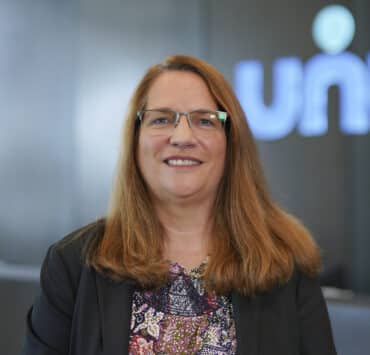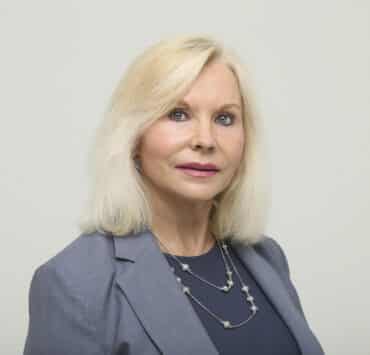|
Getting your Trinity Audio player ready...
|
When Jorge Mejia came to the United States, he was given support that most other immigrants are rarely afforded. After helping to develop and implement a new maintenance methodology for food packaging and processing giant Tetra Pak (a methodology that would eventually be adopted worldwide), the Colombia native was promoted to a new role in the States. Tetra Pak took care of Mejia’s transfer. Of course, that didn’t mean it was easy.
“I was so lucky that Tetra Pak helped bring me to this country, but you are still changing cultures,” Mejia explains. “You are changing your life. You are leaving your family and your social network.”
The now cluster operations manager for the Americas at Tetra Pak has a wide range of responsibilities, from operational transformation to data-driven field service management, planning, and forecasting. He has gotten to know many immigrants over the years, both to the US and to other countries. Some, he says, have endured hardships upon arrival and chosen to return home. And while Mejia and his wife endured hardships of their own within their first few years in the United States, they have made it their home.
Mejia hopes his advice can help those who have already arrived, or those who may be thinking about making a major geographic change in their careers.
Essential Flexibility
As Mejia sees it, there are two qualities inherent in him that have made adapting to life in a new country feasible: flexibility and accommodation. The former is particularly key—Mejia learned almost immediately that his idea of how things would go in the US would need to be rethought.
Mejia’s parents had invested in their son’s English education to ensure he would have access to as many opportunities as he could land. He spoke English with relative ease in Colombia and found that communicating with people from Latin America in English was also not a problem. Then he arrived in Dallas.
“I could not understand what anyone was saying,” Mejia says. “I thought my parents had wasted all of this money on my learning English in Colombia, and I thought I would have to start all over again.”
With time and exposure to the culture and dialect of Texans, progress came. Mejia chose to invest more in his English skills. “If you keep in mind that you have been promoted to do a job, and that you owe it to yourself to do it the best that you can, then you will do the things you need to in order to get where you want to be,” Mejia says.
The manager’s current role came as a result of a promotion he was asked to interview for while he was on holiday in Russia for the 2018 FIFA World Cup. The promotion was a huge opportunity: it would take Mejia from a local technical position to one where his responsibilities would span an entire continent. Realizing that the interview was the day after he would arrive back in the United States, Mejia spent an eighteen-hour train ride across Russia doing a mock interview with his wife, preparing his answers, and getting prepared for the role he would ultimately earn.
“I didn’t think there was any way I would get the job because I was so young in my career, but I wanted to do the best I could in the interview,” Mejia says. “I’m glad I was willing to forgo some of my vacation to get the confidence I needed to perform well in the interview.”
Humility and Accommodation
When Mejia talks about accommodation, he repeatedly stresses the need for the person, not the culture, to adapt—the essential caveat being that Mejia is incredibly proud of where he is from. Colombia is where he was born, raised, and where he learned to be the kind of person able to take on a global role. But in his effort to become the best that he could be, the manager says a great deal of humility was required.
“My family and I arrived here open and wanting to be included in a new culture,” Mejia explains. “You cannot come to a new place with the assumption that the culture will accommodate you. When you understand that you’re the one who needs to make the extra effort to make sure you make things happen for yourself, then you’re on your way.”
Mejia says frustration is an inevitable part of a transition to a new country, but it’s often borne of an individual’s unwillingness to try and grow in their new environment and their insistence on doing things the way they have always been done.
Mejia’s success is repeatable, he stresses. The immigrant journey is one filled with potential roadblocks and changes in course. But it is possible to make that journey—and thrive.


